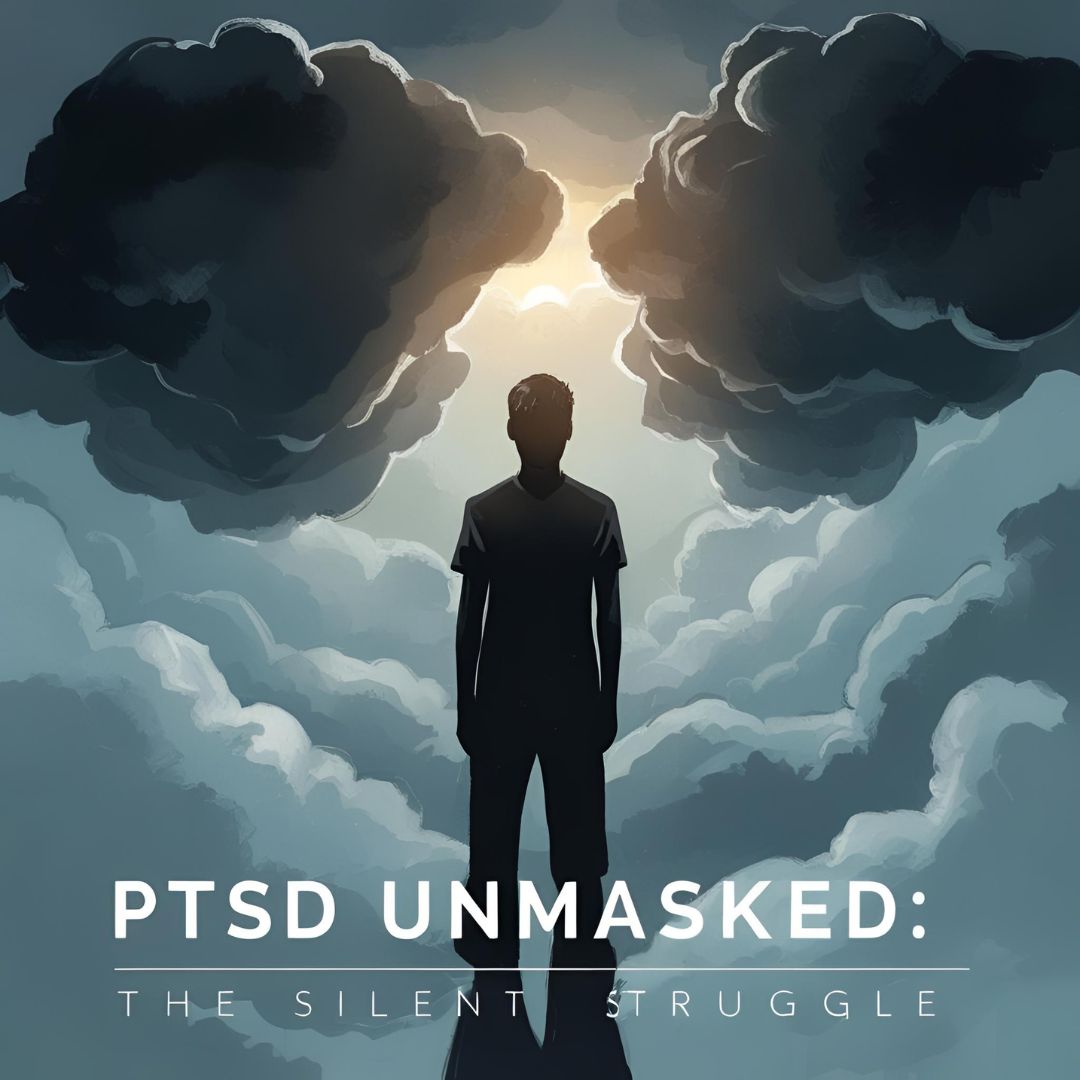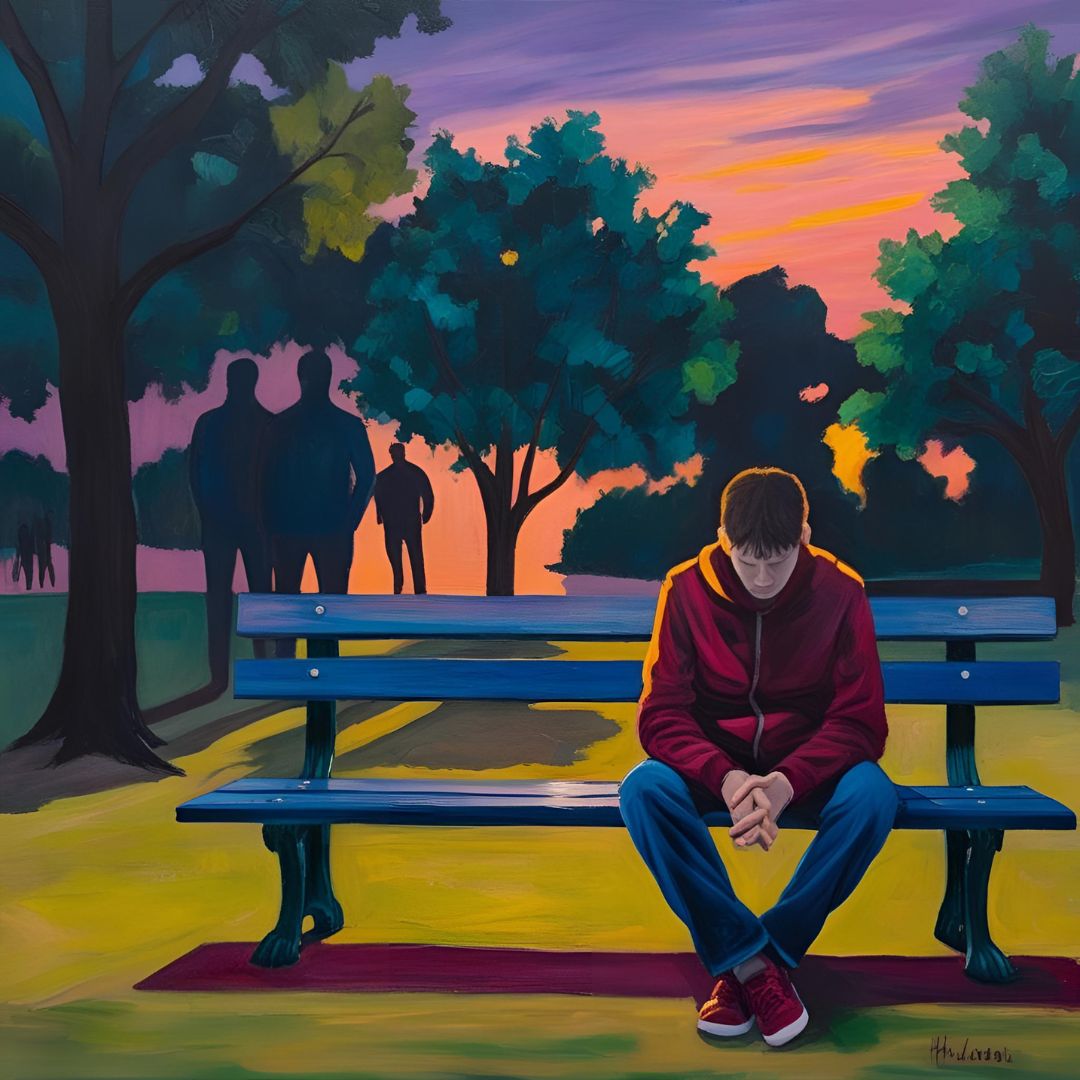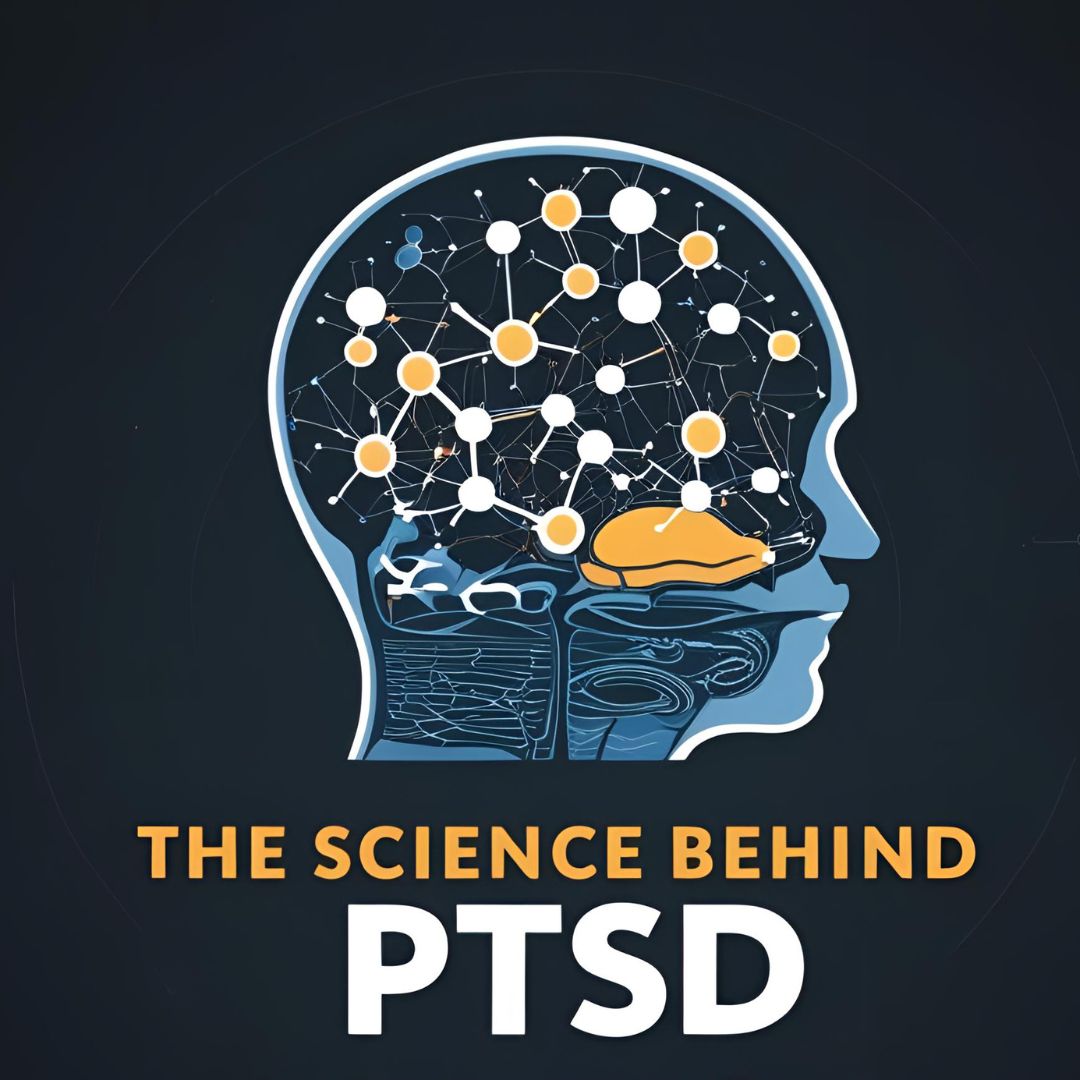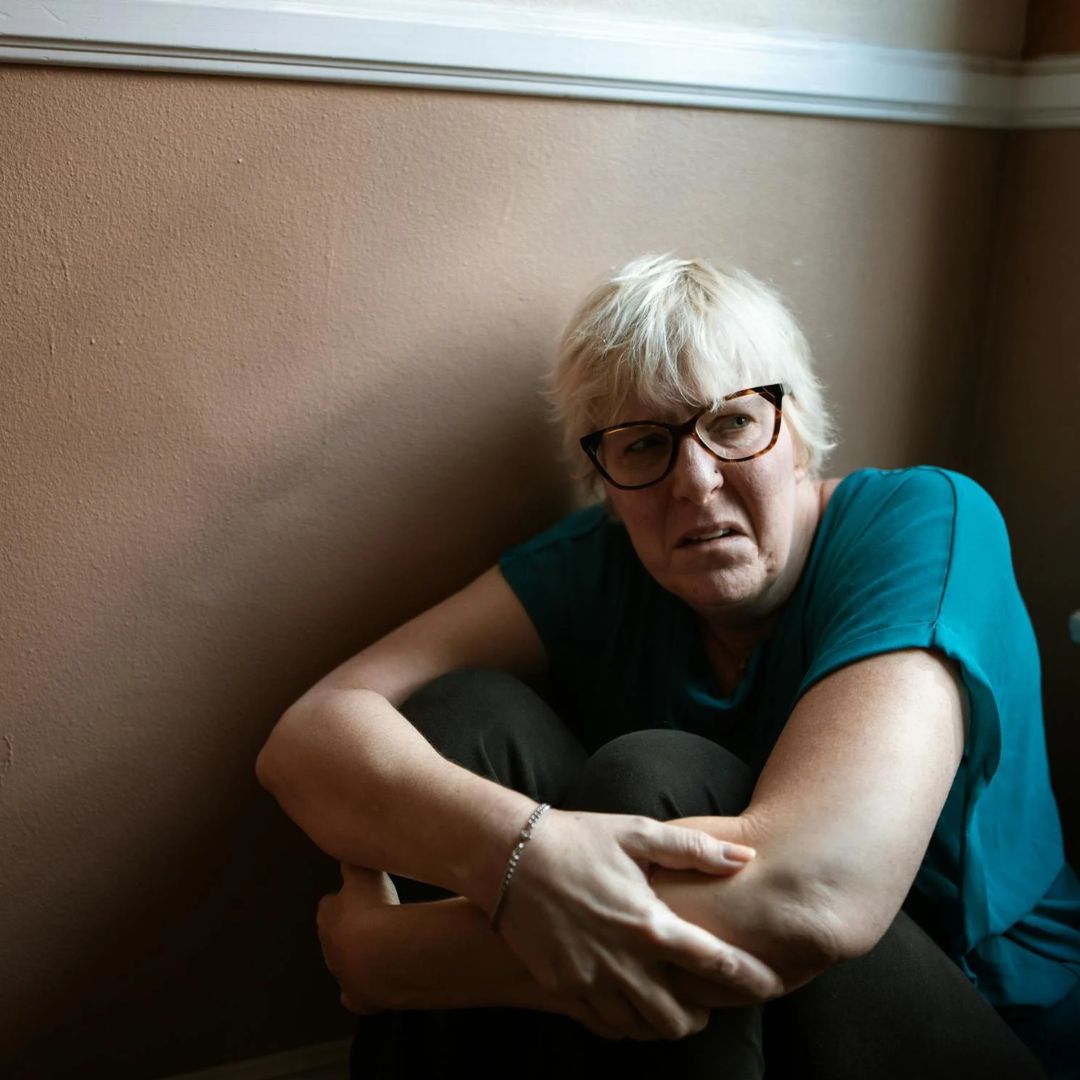LifeHetu
30 Mar 25 11:00 am
PTSD Unmasked - The Silent Struggle Millions Face Every Day
Understand the silent struggle of PTSD beyond war zones. Discover its hidden symptoms, why it’s often overlooked, and how online counselling services and virtual therapy and holistic healing can help.

Introduction
"I never knew a honking car could send me into a full-blown panic attack."
Ravi, a 32-year-old corporate professional from Mumbai, had no idea that the loud noises of traffic could bring back terrifying memories of a road accident he had survived five years ago. Every time he heard a similar sound, his heart raced, palms sweated, and his breath became shallow. It wasn't until he consulted a psychologist that he understood what he was experiencing—Post-Traumatic Stress Disorder (PTSD).
PTSD is often associated with war veterans, but in reality, millions of Indians silently suffer from it every day—from survivors of abuse, accidents, and natural disasters to those who have endured workplace trauma or medical emergencies. Yet, despite its prevalence, PTSD remains a misunderstood and often dismissed condition in India’s mental health landscape.
What is PTSD?
Post-Traumatic Stress Disorder (PTSD) is a serious mental health condition triggered by experiencing or witnessing a traumatic event. Unlike general stress or anxiety, PTSD deeply embeds itself into a person’s psyche, affecting emotions, behavior, and even physical health.
According to the Indian Journal of Psychiatry, PTSD have very stark effects on people in the age of adolescence. Additionally, approximately 10% of the Indian population at some point in their lives. However, due to a lack of awareness and stigma, many cases remain undiagnosed and untreated.
Fortunately, online counselling services now make mental health support more accessible, allowing individuals to seek help from the best psychologists in India without fear of judgment.

The Silent Symptoms: How PTSD Manifests
PTSD doesn’t always look the way we expect. It’s not just about having nightmares or flashbacks; it often appears in subtle, everyday struggles.
- Reliving the Trauma
- Flashbacks, nightmares, or intrusive thoughts that feel as real as the event itself.
- Avoidance and Numbness
- Dodging places, people, or conversations related to the trauma.
- Feeling emotionally detached from family and friends.
- Hyperarousal and Anxiety
- Constantly feeling on edge, struggling with irritability, or being easily startled.
- Insomnia, difficulty concentrating, or engaging in self-destructive behaviors like substance abuse.
- Guilt and Shame
- Survivors often feel guilt, especially in cases of abuse, accidents, or the loss of loved ones.
- They may blame themselves, wondering if they could have done something differently.
For those experiencing these symptoms, virtual therapy offers a confidential and convenient way to start the healing process.
India’s Battle with PTSD: Why is it Underdiagnosed?
Despite increasing mental health awareness, PTSD often remains undiagnosed in India due to:
- Stigma: In many Indian families, mental health struggles are dismissed as "just a phase" or a sign of weakness.
- Lack of Awareness: Many people do not realize their symptoms are linked to past trauma.
- Limited Access to Mental Health Care: According to the World Health Organization, India has about 3 psychologists for every 1 million of people there are, making professional help rather scarce.
Fortunately, with the rise of** online counselling services provided by LifeHetu** that specifically also helps with PTSD, people now have access to India’s best psychologists from the comfort of their homes.
Healing from PTSD: Steps Toward Recovery
While PTSD is challenging, it is treatable with the right support system and professional help. Here’s what can aid recovery:
1. Seeking Professional Help
Evidence-based therapies like Cognitive Behavioural Therapy (CBT) and Eye Movement Desensitization and Reprocessing (EMDR) have proven highly effective in treating PTSD. For those in India, platforms like LifeHetu provide online counselling services, connecting individuals with the best psychologists in India who specialize in trauma recovery.
2. Grounding Techniques for Everyday Life
Practicing grounding techniques can help manage anxiety and PTSD symptoms:
- Deep breathing exercises (Pranayama) to regulate the nervous system.
- Journaling emotions and experiences to process trauma.
- Mindfulness and meditation to stay present and reduce triggers.
Organizations offer structured virtual therapy programs designed to help PTSD survivors regain emotional balance.
3. Support Groups & Community Healing
Finding a support system can be incredibly healing. Platforms such as LifeHetu provides safe spaces for PTSD survivors to connect, share experiences, and receive emotional support.
4. Traditional & Holistic Healing
India has long embraced holistic healing methods to promote mental well-being. Ayurveda, Yoga, and Meditation have been proven to aid PTSD recovery. A balanced diet can stabilize emotions, while poor nutrition may contribute to mood swings, irritability, and fatigue. Ayurvedic herbs like Ashwagandha and Brahmi are known for their stress-reducing properties.
Breaking the Silence: Why PTSD Conversations Matter
Imagine if PTSD were treated like any other medical condition—with empathy, understanding, and professional intervention. Mental health discussions need to go beyond therapy rooms and into homes, schools, and workplaces.
- Schools should teach mental health awareness just as they do physical health.
- Workplaces must offer mental health days and access to virtual therapy services.
- Families should listen without judgment and encourage seeking help from the best psychologists in India.
A Message to Those Struggling
If you or someone you know is battling PTSD, remember—you are not alone. Healing is a journey, and every small step toward understanding and addressing trauma is a victory.
PTSD may be a silent struggle, but you don’t have to fight it alone. The first step is acknowledging it. The next is seeking help. And finally, it’s about reclaiming your life.
Sources
- Psychological Interventions for Post-traumatic stress disorder as a Primary Diagnosis Among Adolescents – Retrieved from https://journals.sagepub.com/doi/full/10.1177/02537176241255643
- Mental Health Care in India: Restoring Hope and Dignity – Retrieved from https://www.who.int/news-room/feature-stories/detail/mental-health-care-in-india-restoring-hope-and-dignity
- Adaptogenic and Anxiolytic Effects of Ashwagandha Root Extract in Healthy Adults – Retrieved from https://pmc.ncbi.nlm.nih.gov/articles/PMC6979308/
- A Systematic Chart Review of Adults with Post-Traumatic Stress Disorder – Retrieved from https://pmc.ncbi.nlm.nih.gov/articles/PMC9301746/
Related Reads. Similar Blogs to Check Out.


